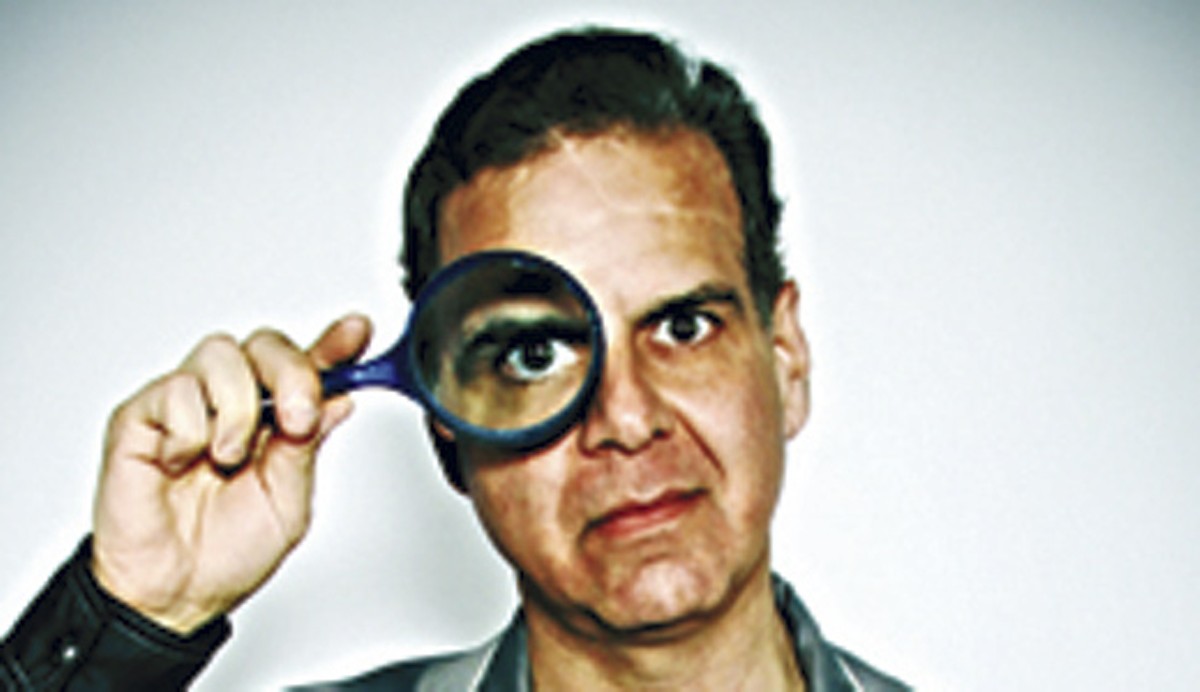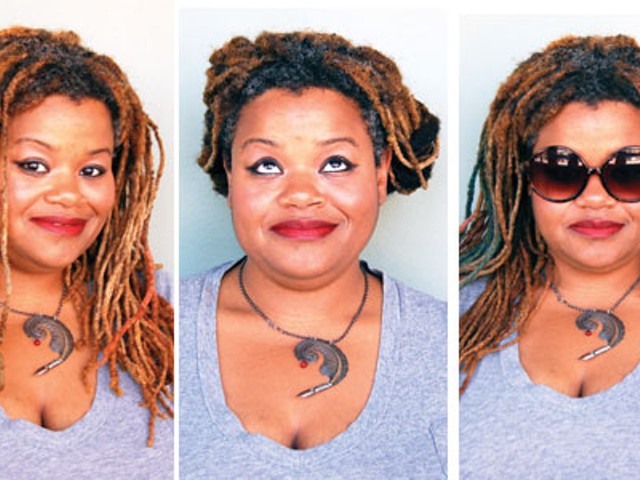“Nobody lives the fairy tale we envision as children,” I told a close friend from high school who was struggling with a sense of unfulfilled potential despite the rarified air of Louisville at Derbytime. “I’ve seen life do a lot of things to a lot of people, but I like what we’ve done with our lives.” She beamed sheepishly, as if to say, “Oh, go on” — so I elaborated. Our ambition to do good led to careers that enrich hearts and minds. We have friends from all walks of life and we get close to people when they needs us, when they’re scared, sick or dying. We resist fear to embrace humanity. Instead of letting life embitter us, we’re making it humanize us.
If that’s not the good fight, I don’t know what is. For me, it defines the meaning of life: to become more human, more understanding, more forgiving, patient, kind and compassionate. And if that doesn’t collectively define more loving, I don’t know what does.
There’s so much we can’t know or control. There will be Shakespearean tragedies. There will be unforeseeable, undeserved “slings and arrows of outrageous fortune.” There will be little chickens who lament the collapsing sky. There will pity parties. Dreams will die and paranoia will foul the sky. Career victims will fear the next persecution.
But there will be sages, like my friend Ken Lofald, who will ask chronic whiners, “So what are ya’ gonna do aboudit?”
Admittedly, life isn’t fair inasmuch as fate is an unequal dealer. But we can mitigate a crummy hand if we play to our strengths. If we master our reactions to random events, we can seize a measure of control over our destiny. A realistic sense of potential power and influence is paramount in the good fight. Otherwise, warriors waste precious resources creating illusions of control and a false sense of security.
Fairy tales teach us how to clarify a complicated world. “Are you a good witch or a bad witch?” And the correct answer is, “I’m not a witch at all; witches don’t exist but the mythology proved deadly to countless women who offended the pyromaniacs-that-be. Me, I’m a sad bastard or a happy rube, by turns, depending on my free will, mood, diet, insomnia, incontinence and innumerable influences.”
I’ve come to view generalizing a person as predominantly good or evil as a problematic paradigm. A favorable label helps mask mischief. Good people, by definition, don’t do bad things – moral choices are automated.
I hope my distressed friend comes to share my satisfaction with our being and becoming. Despite wide separations since Ballard High, we reunite regularly for meaningful conversation and marvel that our different experiences bring us to similar conclusions. The basic values and philosophies that brought us together to evolve. If one of us lags behind or devolves, both of us will know it.
I’ve been pondering corporal punishment since it became the first point of contention between the Pope and me. I was reluctant to debate it with him before I discussed it with my classmate and soulmate, who became a mother after 40 to an exceptional girl.
Spanking is a form of violence. It’s intended to discourage debauchery. But even in it’s mildest form, it legitimizes violence as a solution. And violence seems to be cyclical – a curse that keeps on cursing until rebuts the cliché, “Well, I was spanked and I turned out okay.” Without exception, the bullies I’ve known were victims of violence. They learned what they lived – that it’s an acceptable tool. When it’s used by parents, it becomes a twisted coefficient of love and trust. Presumably, another loving relationship (perhaps with a spouse) would seem incomplete without it.
There are better ways to discipline a child – methods that don’t predispose them to associate romance with rage.
It defines “cruel irony” that a mechanism that conveys such a decisive sense of control should promote such chaos. Sometimes when parents are radicalized by the inevitable insanities of a growing child, they flirt with the allure of immature responses-in-kind. That temptation should trigger a time out for every hostile soul. Yes, Rebecca, the road to hell is paved with good intentions and, as Joni Mitchell affirms, “Love is the strongest poison and medicine of all.”
Cheers to a healthy second childhood.






